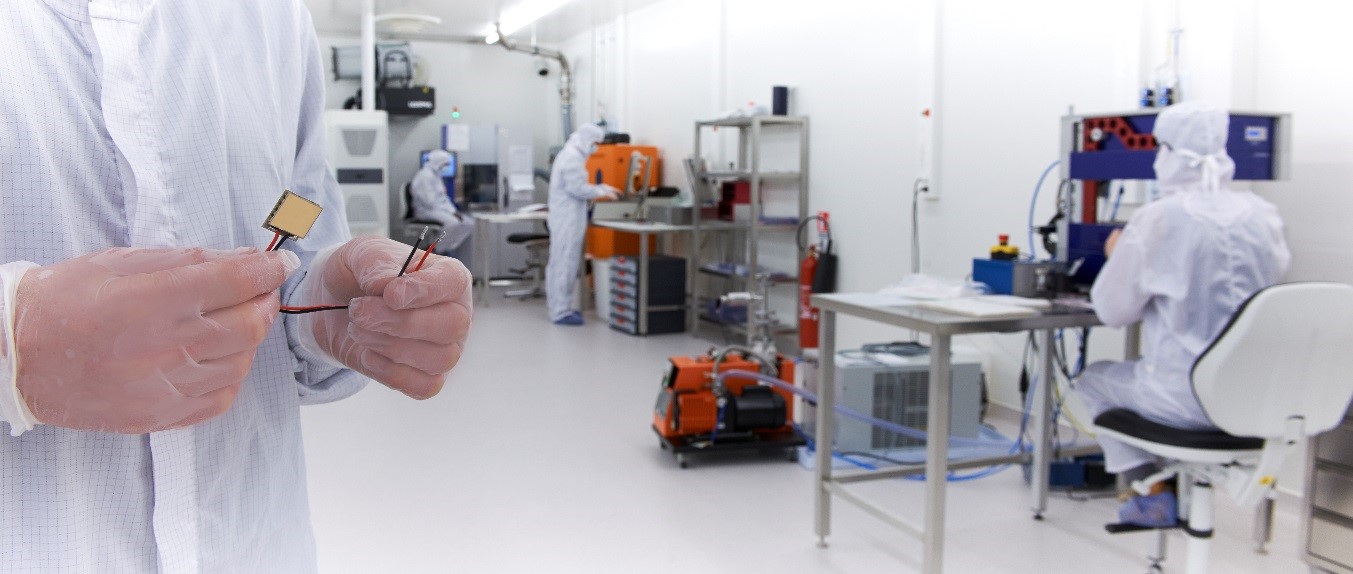Efficient Thermal Systems
Heat networks have the capacity to provide cost-effective heating to residential buildings and make industrial facilities more energy-efficient. And, if heat from renewable sources is used instead of the conventional fossil fuels, heat networks can deliver even more advantages.
As the proportion of renewable thermal energy in heat networks increases, so will the need for new types of energy production, conversion, and storage components. In order to align intermittent renewable energy production with the dynamic demand of systems like heat networks, buildings, and industrial processes, modeling and simulating the systems and their components is the only way to ensure optimal management of the different sources of thermal energy.
Therefore, Liten focuses its research on innovative components like:
- Solar thermal energy (STE) collectors designed to increase the penetration of renewable energy in urban areas and industrial eco-parks.
- Hybrid PV/STE collectors to make the most efficient possible use of rooftops.
- High-performance heat pumps, ORC solar thermal-to-electricity converters, and solar thermal sorption cooling systems.
- Sensible, thermochemical, and phase-change material energy storage.
Liten has the capacity to integrate these components at different scales and to develop digital management tools validated on simulators that couple renewable energy sources and either urban heat networks or industrial processes. In terms of scaleup, Liten possesses test loops and demonstrator systems in actual industrial environments (the Calorie micro-network, the Multitherme demonstrator).
Residential buildings, which account for 40% of total energy consumption in France, are an integral part of Liten's energy research. Improving the performance of residential energy equipment is high on Liten's list of priorities. The institute tests new concepts on instrumented demonstrator buildings (the INCAS test houses, the FACT infrastructure) and on real buildings. To date, 200 occupied buildings are being monitored, providing valuable data on real-world usage that is used to improve control strategies.

Pilot
line for the production of thermoelectric materials. © D. Guillaudin
Beyond heating networks, Liten makes use of CEA’s historic skills, which have been developed over 20 years on thermoelectric systems used for energy recovery, cooling and thermal monitoring applications. The work focuses on the development and characterization of materials (nanostructured thin films, bulk materials) and on the production of components and systems (thermal flow sensors in CMOS technology and for power components, micro energy harvesting).